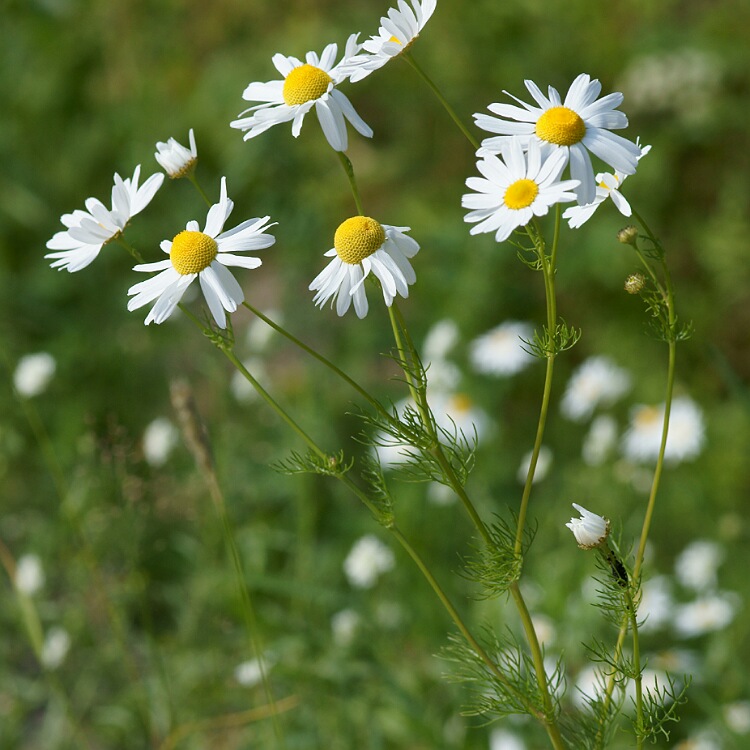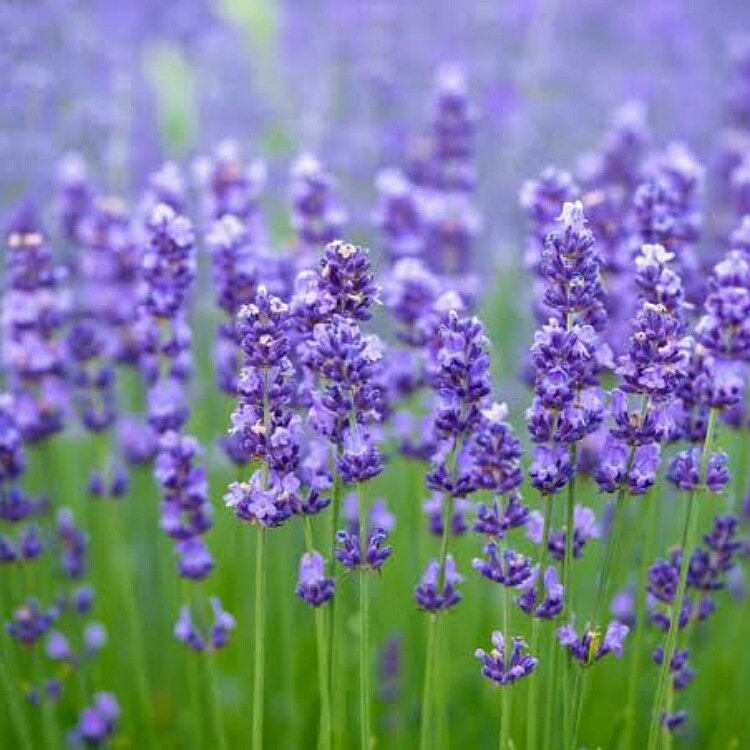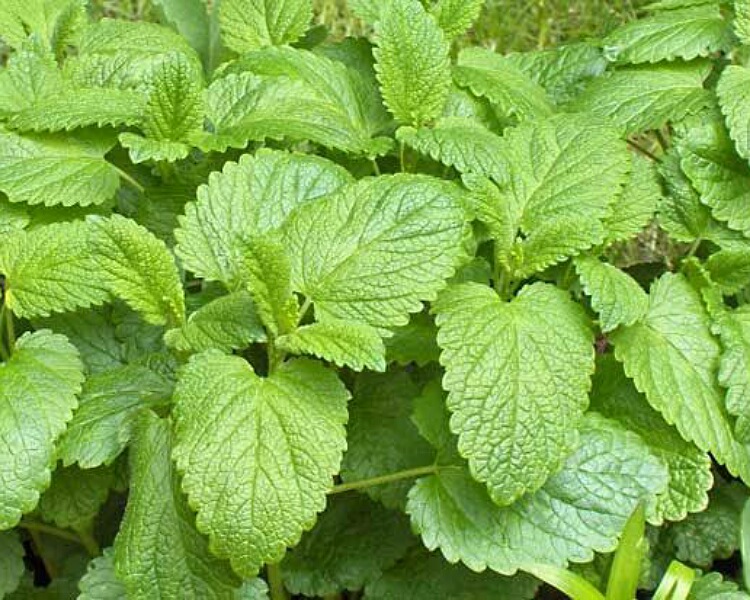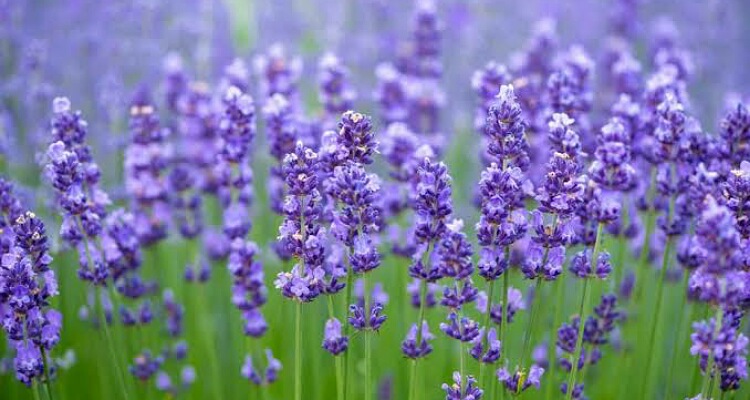There are a lot of natural therapies for stress and anxiety relief. Certain herbs play some role in mitigation of symptoms. But how effective are those herbal therapies and supplements? Are they safe?
Stress and anxiety: herbal therapies and supplements
Stress seems to have become part of life. It increases over time and some people develop anxiety and/or depression with it. These neurotic disorders need medical attention and treatment including psychological counseling. But medicines for it might have adverse effects on the body. Therefore, many people of anxiety opt for natural or herbal therapies to get relief.
Which are the herbal remedies for stress and anxiety? Do these really help? Are there any risks for the person who takes it?
Chamomile

This daisy like flower brings about calmness and soothes the mind. One can take it orally as an extract, tea, or supplement. There is very few data available on its use in anxiety disorder. But the results of these small-scale studies are promising. Chamomile does appear to be effective and safe in treating anxious symptoms. But it can cause allergies in people who have sensitivity to marigold, ragweeds, daisies, and chrysanthemums. They thin the blood and can cause bleeding in people on blood thinning drugs.
Kava
This is a plant growing in the tropical climate of certain islands of the Pacific Ocean. It has heart shaped leaves. It has kavain that affects mood receptors and induces relaxation. Many take it as a beverage for it. Some people consuming it suffered liver damage and failure. Also, it can be habit-forming.
Passion flower
A few clinical trials have revealed that this flower helps in relief of stress and calms the mind. Overall it is safe but some studies found that patients having it had dizziness, drowsiness, and confusion.
Valerian
Studies with valerian had mixed results. Some found it to be efficacious while other studies found nil benefits. It can be had for short periods but avoid long term use without medical consultation. It leads to headaches, drowsiness and dizziness in some consumers.

Lavender
Both oral intake and aromatherapy with this flower has shown good results. It reduces anxiety and stress and soothes a disturbed mind. But data on it are limited and preliminary. Oral use can cause constipation and headache. It increases appetite and lowers blood pressure. With sedatives, it might increase drowsiness and sleepiness.
Lemon balm
This reduces anxiety, nervousness, irritability, and excitability. For short term use, it is okay but can cause abdominal pain and nausea. It can be taken orally as a tea or extract. The leaves have a lemony scent.

Herbal therapies and supplements are unregulated and hence one should be cautious. Even if natural, it is not necessarily safe. Research on them is limited and herbal supplements might contain things not displayed on the label. They can interact with allopathic medicines and cause serious effects on the body.
Read more: Yerba mate: uses, potential health benefits, and side effects of this herbal infusion!
Some herbal remedies can cause sleepiness. Avoid driving and doing risky adventures after taking them. Best is to consult a trained doctor in management of your anxiety and for supervision of the therapy and counseling.
